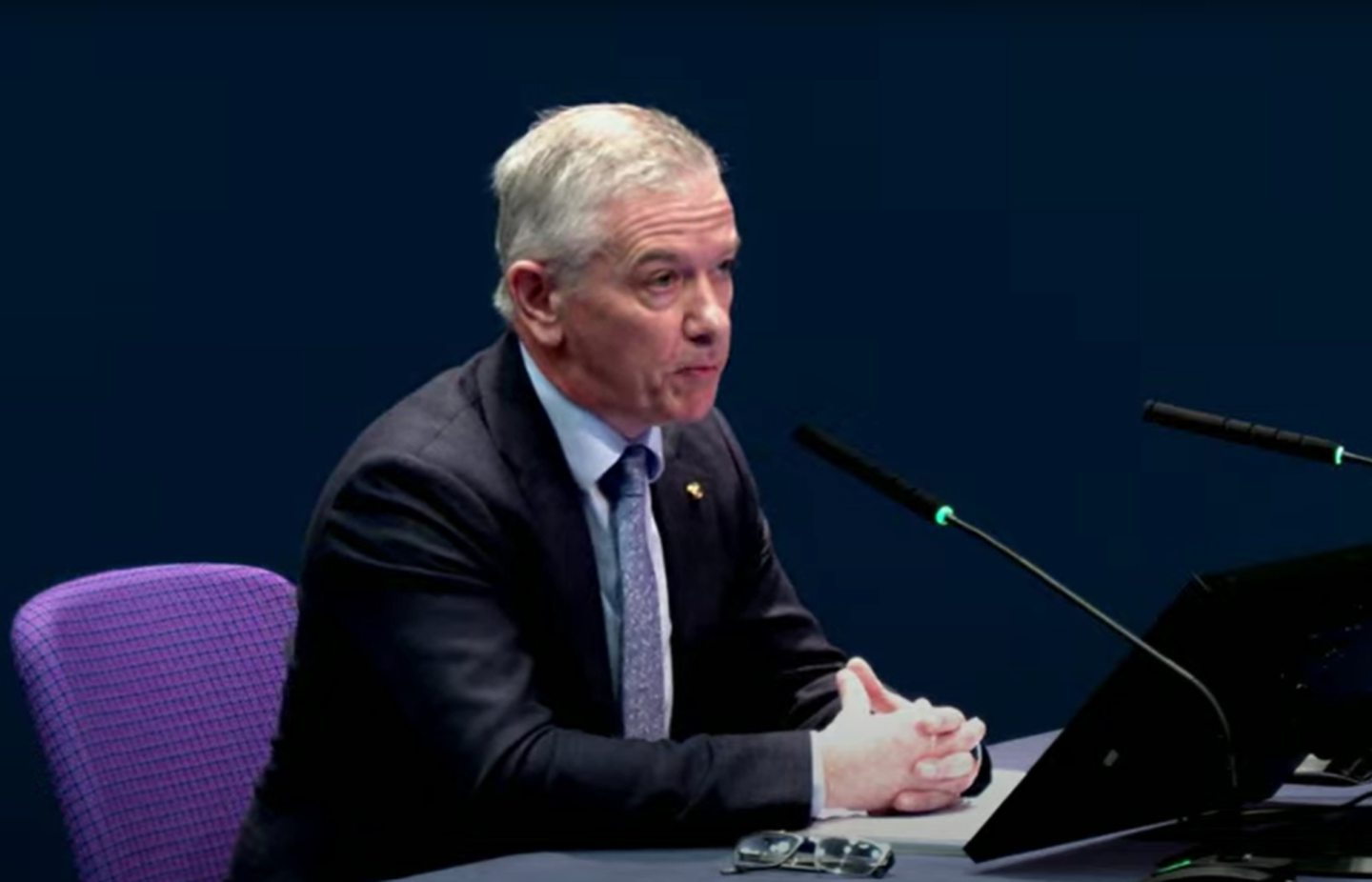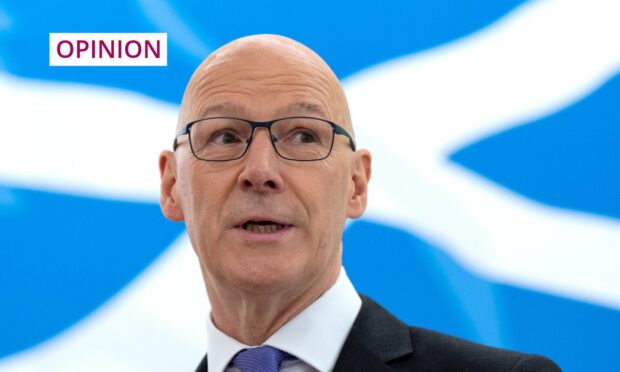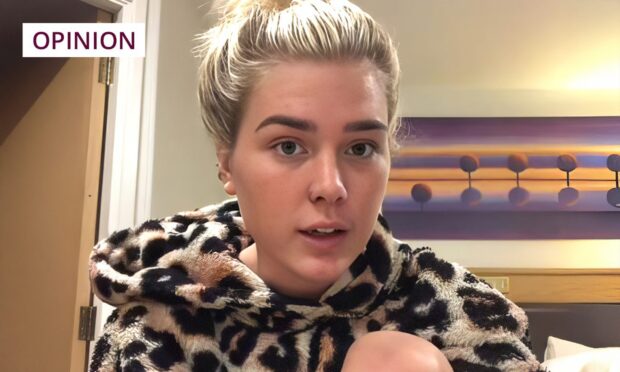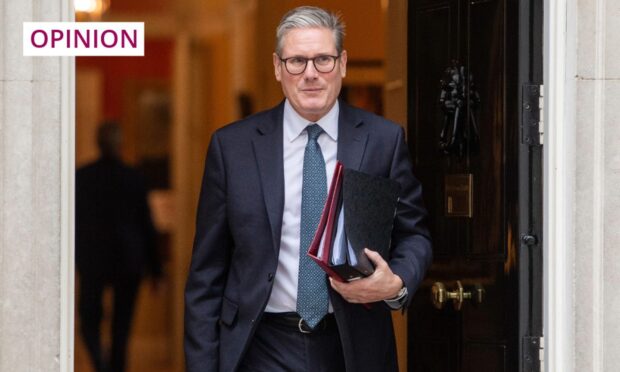In truth, I wouldn’t want you to see my WhatsApp messages.
I cannot profess to have be a paragon of virtue. To never have used “industrial” language or indeed been unkind in a group conversation about an opponent or a colleague.
The truth is, and wait for it, politicians are human.
They gossip in packs, they build trust in each other through sharing confidences. They rally in tribes, one for all and all for one etc.
They let off steam in WhatsApp conversations sometimes to ensure they don’t do it in the actual meeting.
These are observations, not excuses, and I share them only to say that I’m largely unmoved by the publication of WhatsApp messages showing politicians blunting slagging each other off.
‘A very human thing’
Take the example of Nicola Sturgeon in conversation with her chief of staff by text, where she describes Boris Johnson as “a f**king clown”.
Who in Scotland is shocked to discover she didn’t like or respect him?
If anything, a story like this carries the danger that we might find greater affinity with the people who lead us.
They’ve just said and down a very human thing, we weren’t sure they had it in them.
No I’ve got to say, I’m saving my outrage on this occasion for the civil servants caught up in the exchanges.
We expect better of them simply by trusting them more.
It’s hard to be disappointed or angry at politicians when we – the public – start from such a low bar of trust.
It’s different for the civil servants who are expected to be impartial and professional at all times.
It’s all detailed in the civil service code. A bible that offers them both guidance and protection.
Built on four founding principles, it starts with integrity, requiring people to put their public service obligations before their own personal interests.
Objectivity requires their advice and decisions to be rooted in a rigorous analysis of the evidence.
It sits alongside impartiality, the demand that they act solely according to the merits of the case. The final one, honesty, requires them to be not just truthful but open.
Rebekah Vardy agent excuse
It’s clear from the release of WhatsApp exchanges during the pandemic that senior civil servants, about as senior as it gets, were systematically deleting messages.
They did so deliberately, knowing that to do so allowed them to avoid Freedom of Information requests and future scrutiny.
It wasn’t a one-time panic move like, say, “accidentally” dropping your phone off the side of a boat.
That was the excuse used by Rebekah Vardy’s agent when she and Coleen Rooney battled forth in the courts over who was responsible for gossipy leaks to the tabloids.
Other items in this category of excuses include “I lost that phone” and “I thought I’d lost that phone until it was politically opportune to find it again in a coat pocket”.
No, the decision to delete these messages on a daily basis was deliberative, organised and a strategy in and of itself.
Each day, one click away from scrutiny and accountability, from at least two of those four principles.
In any set of circumstances, this would be serious but in this instance, we’re talking about key decisions relating to the most significant event that has affected the population en masse since the Second World War. The Covid-19 pandemic.
Is this the moment to consider whether messaging apps like this should be banned from government use altogether?
‘Chumminess and blurred boundaries’
That might sound like a knee-jerk response, the price of which is to lose a bit of speed in decision making and the efficiencies that come with technological advancement, but hear me out.
Before the proliferation of group messaging, people still organised, gossiped and behaved inappropriately.
They just did so in corners and corridors on phones and in person.
That requires more effort, it’s furtive and leaves no trace. But it’s also more considered and thought through, it’s not a millisecond reaction that when done consistently over time breeds the levels of chumminess and blurred boundaries we’ve seen over recent days.
A fair and impartial observer might say that’s all very well but this was a global pandemic involving multiple lockdowns, a by-product of which was a fundamental shift in how and where people work.
There’s a truth to that, but it’s also true to say that in the cold hard light of the Covid inquiry spotlight, there is also now a choice to make.
If the civil service wishes to retain its standing with the public, it must seek to understand and redress the damage this inquiry is doing to it and not plod along in the hope that the colourful pronouncements of the politicians they serve will catch the limelight and indeed carry the blame for them.
That in and of itself falls short of the standards we expect.














Conversation